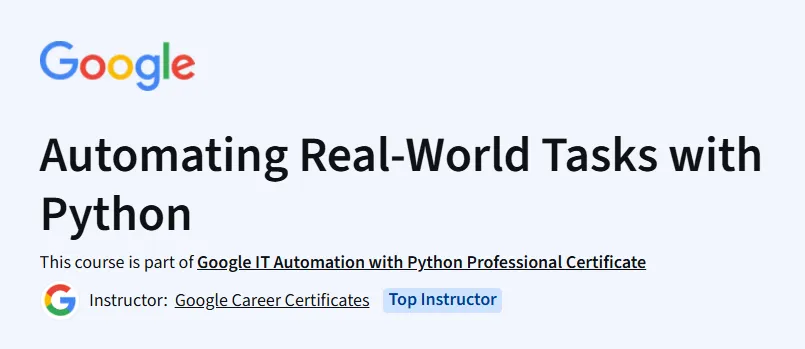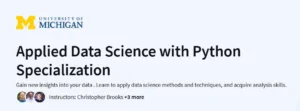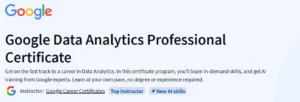What will you learn in Automating Real-World Tasks with Python Course
Use Python libraries like PIL, Requests, Flask, and Django to automate tasks and build simple web services.
Serialize and transmit data, handle REST APIs, and work with JSON to communicate with web services.
Generate PDFs, send emails with attachments via SMTP, and implement logging and exception handling in robust scripts.
Combine OS automation, web interaction, PDF generation, and container tools into cohesive real‑world automation workflows.
Program Overview
Module 1: Setup & Image Manipulation
⏳ ~1 hour
Topics: PIL library, container basics (VS Code & Docker), PIL-based image scaling and format conversion.
Hands-on: Qwiklabs: scale/convert images via PIL.
Module 2: Web Services & APIs
⏳ ~3 hours
Topics: Web services, RESTful API concepts, Flask framework, HTTP methods, constructing APIs.
Hands-on: Build a Flask app to process files and interact with REST APIs.
Module 3: Output Generation & Communication
⏳ ~4 hours
Topics: Logging, exception handling, Python email library (SMTP), PDF generation (tables & graphics), DevOps monitoring basics (SLIs/SLOs).
Hands-on: Generate & email PDFs containing structured data; practice robust script logging.
Module 4: Integrative Project & Career Readiness
⏳ ~5 hours
Topics: End-to-end automation: combining image conversion, email, health-check scripting, logging, and error handling.
Hands-on: Final project: automate catalog update with PDF reports and notifications; Qwiklabs-based assessment.
Get certificate
Job Outlook
Rounds out a six-course certificate equipping learners for roles like IT Automation Engineer or Junior DevOps support.
Provides hands-on automation skills widely applicable in sysadmin, DevOps, and scripting-heavy IT roles.
Specification: Automating Real-World Tasks with Python
|
FAQs
- Basic Python knowledge is recommended.
- Guided labs introduce libraries like PIL, Flask, and SMTP.
- Beginners can follow step-by-step examples for real-world tasks.
- Prior completion of foundational courses enhances understanding.
- Focuses on practical integration of multiple Python tools.
- Labs cover image scaling, web services, and REST APIs.
- Hands-on exercises include PDF generation and automated email sending.
- Logging, exception handling, and DevOps monitoring are introduced.
- Final project combines multiple tasks into one workflow.
- Skills directly applicable to IT automation and junior DevOps roles.
- Prepares for IT Automation Engineer or Junior DevOps roles.
- Enhances scripting skills for system administration tasks.
- Supports career growth in automation-heavy IT roles.
- Demonstrates ability to integrate multiple Python libraries in workflows.
- Provides portfolio-ready projects for job applications.
- Final project integrates image conversion, PDFs, emails, and logging.
- Combines all learned skills into one cohesive workflow.
- Uses Qwiklabs for guided assessment.
- Prepares learners for practical automation tasks in IT settings.
- Encourages independent exploration beyond lab exercises.
- Total duration is ~13 hours across four modules.
- Each module includes hands-on labs with practical exercises.
- Beginners may need extra time to practice library usage and workflows.
- Focused learners can complete it in 2–3 days.
- Flexible pacing allows integration with work or other learning commitments.





